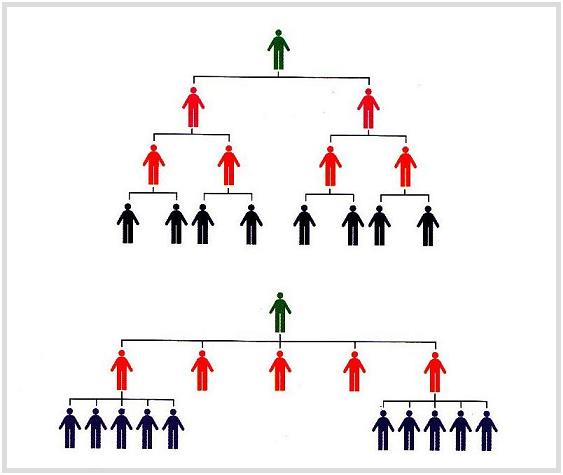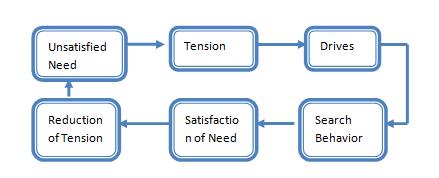Learning is an important psychological process that-determines human behavior. Learning can be defined as “relatively permanent change in behavior that occurs as a result of experience or reinforced practice”.
Important theories of learning are:
1. Classical ConditioningThe work of the famous Russian physiologist Ivan Pavlov demonstrated the classical conditioning process. When Pavlov presented a piece of meat to the dog in the experiment, Pavlov noticed a great deal of salivation. He termed the food an unconditioned stimulus and the salivation an unconditioned response. When the dog saw the meat, it salivated. On the other hand, when Pavlov merely rang a bell, the dog did not salivate.… Read the rest




